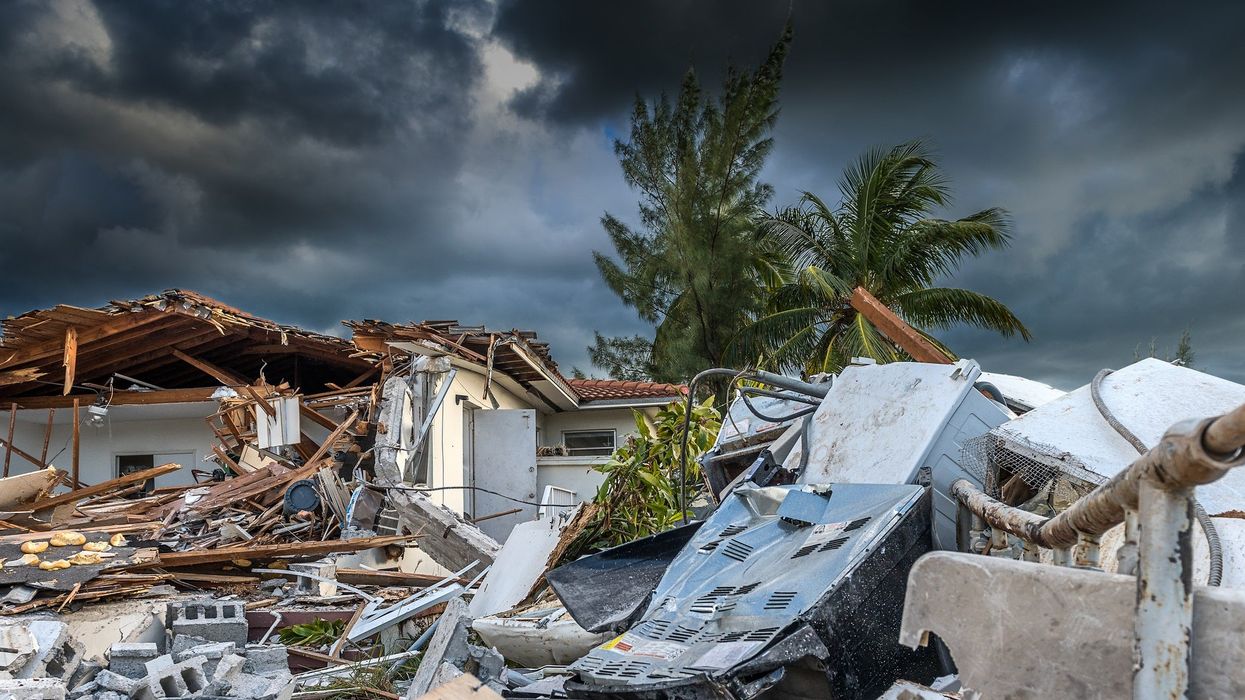Louis Staples
Jan 29, 2020
Jamaica has been hit by a “huge” 7.7 magnitude earthquake.
Warnings of a “hazardous” tsunami were issued for parts of the Caribbean after the earthquake struck and it was so big that schools in Jamaica and buildings in Miami – 580 miles away – were evacuated.
Earthquakes are known to be caused by shifts in the tectonic plates – which are pieces of the Earth’s crust. That’s why earthquakes often happen repeatedly in similar areas, because some countries sit on a meeting point between two plates.
But can climate change cause earthquakes too?
Research on the relationship between climate change and earthquakes is varied. But there are several studies which point to a link between extreme weather (a side-effect of climate change) and a higher instance of earthquakes.
Research published in the journal Nature in 2009 by Chi-Ching Liu of the Institute of Earth Sciences at Taipei’s Academia Sinica provides evidence for a link between typhoons in Taiwan and the timing of earthquakes beneath the island.
Apparently “reduced atmospheric pressure”during hurricanes can allow earthquake faults deep within the crust to “move more easily”.
So essentially, the underlying causes of earthquakes can be there, but extreme weather linked to climate change can hurry them along. Just like a copious amounts of wine may cause underlying tensions to explode within a friendship group.
The University of Miami’s Shimon Wdowinski has also noticed that large earthquakes have a tendency to follow wet hurricanes or typhoons. The most devastating example of this is the huge quake that took up to 220,000 lives in Haiti in 2010. Rainfall has also been known to increase earthquake activity in the Himalayas, where the 2015 Nepal earthquake took close to 9,000 lives.
So if these micro environments can be affected by weather, leading to an increase in earthquake activity, larger scale shifts in weather and climate are also likely to create a global response. Natural disaster expert Bill McGuire, director of the Benfield UCL Hazard Research Centre, wrote in 2016:
If today’s weather can bring forth earthquakes and magma from the Earth’s crust, it doesn’t take much to imagine how the solid Earth is likely to respond to the large-scale environmental adjustments that accompany rapid climate change.
So essentially climate change isn't the root cause of earthquakes, but its impact can hurry the process along and result in more regular earthquake activity in some places.
H/T: The Guardian
Top 100
The Conversation (0)














